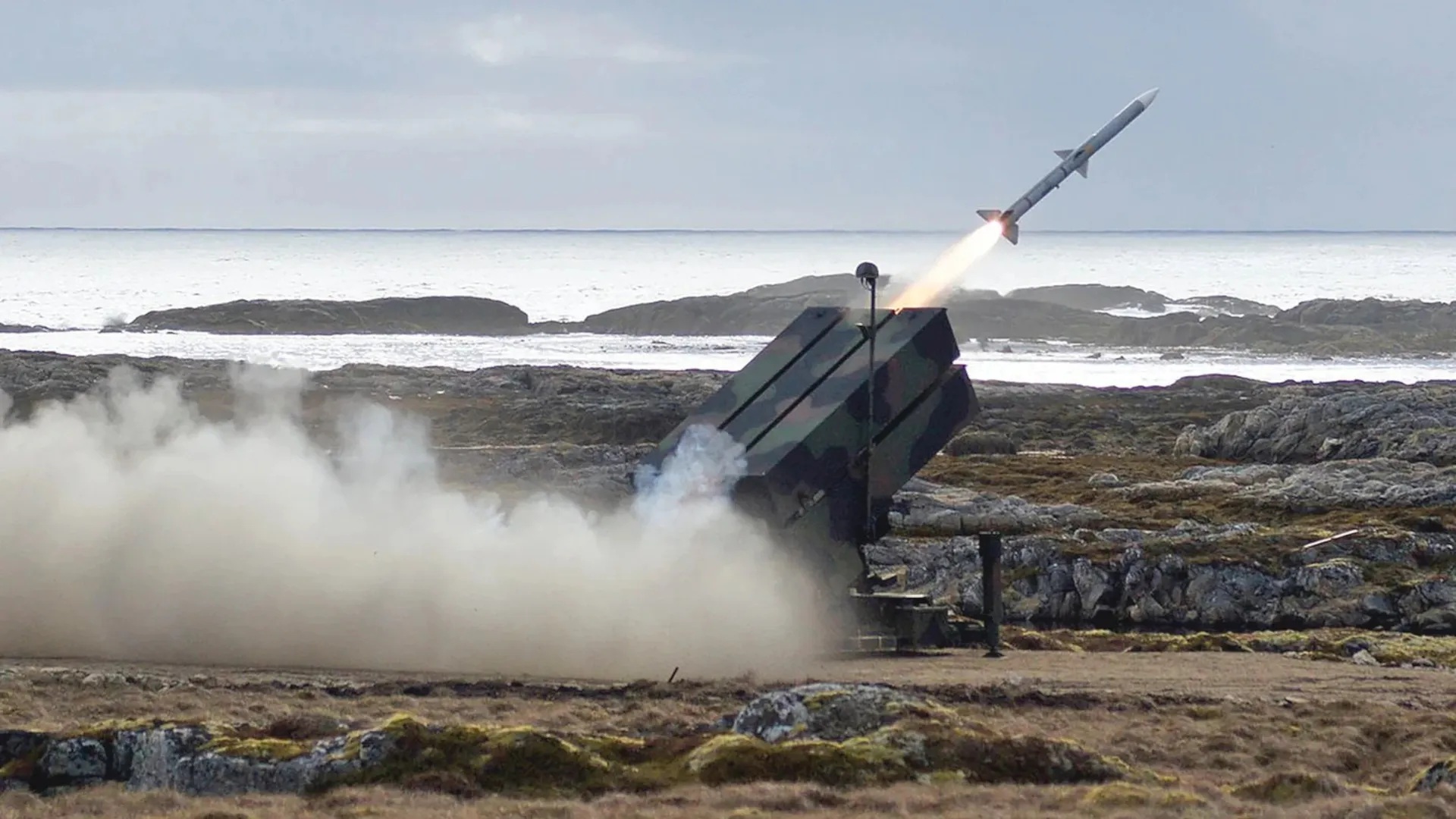The U.S. State Department has given the green light for a possible $4.67 billion sale of advanced missile defense systems to Egypt, the Pentagon confirmed on Thursday.
According to a statement from the Defense Security Cooperation Agency (DSCA), the proposed deal includes the National Advanced Surface-to-Air Missile System (NASAMS), developed jointly by the U.S. and Norway.
The package would equip Egypt with a modern air defense capability aimed at countering airborne threats such as hostile aircraft, drones, and cruise missiles.
The potential arms sale includes four AN/MPQ-64 Sentinel radar systems, hundreds of intercept missiles, and dozens of missile guidance units.
In addition, the package will involve engineering, technical, and logistics support provided by both U.S. government personnel and private contractors.
As part of the process, the DSCA said it has already issued the necessary congressional notification required under U.S. law for foreign military sales.
The agency emphasized that the sale aligns with U.S. foreign policy and national security interests.
“This proposed sale will support the foreign policy goals and national security objectives of the United States by enhancing the defense capabilities of a key non-NATO ally that contributes to political stability and economic progress in the Middle East,” the DSCA stated, referring to Egypt.
If the sale proceeds, around 26 U.S. government officials and 34 contractors are expected to be deployed to Egypt for an extended period.
Their mission will be to train Egyptian personnel and provide ongoing technical and logistical support for the operation and maintenance of the systems.
The principal contractor for the NASAMS deal will be RTX Corporation, formerly known as Raytheon Technologies, a leading aerospace and defense firm based in Massachusetts.
The announcement reflects the continued strategic defense partnership between the U.S. and Egypt.
This has reportedly been a cornerstone of Washington’s Middle East policy since the two nations established closer ties following Egypt’s 1979 peace treaty with Israel.
That agreement paved the way for Egypt to become one of the largest recipients of U.S. military aid outside NATO.
However, in recent years, Cairo has broadened its international military partnerships, drawing attention from Western observers.
Egypt has been steadily strengthening its defense relationship with China, exemplified by the first-ever joint military exercises held between the two nations earlier this year.
Dubbed “Eagles of Civilization 2025,” the joint air force drills took place over a two-week period in April and May and marked a milestone in Egyptian-Chinese military cooperation.
According to Egypt’s Ministry of Defense, the exercises were part of broader efforts to enhance defense collaboration with China and improve interoperability and joint combat readiness.
While the U.S. remains Egypt’s most significant military partner, the increasing defense engagement with China signals Cairo’s intent to diversify its strategic relationships.
Analysts suggest that Egypt is seeking to maintain a balance between longstanding Western ties and growing opportunities with Eastern powers.
Despite this shift, the latest U.S. defense sale illustrates Washington’s continued investment in Egypt’s military capabilities.
This is particularly in bolstering air defense systems amid ongoing regional tensions and evolving security threats.
The sale, if finalized, will significantly enhance Egypt’s ability to defend against modern aerial threats.
The NASAMS system is widely regarded as one of the most effective short- to medium-range air defense platforms in service, with proven performance in NATO operations and deployed by several allied nations.
Congress still retains the authority to review and potentially block the deal, although such interventions are rare in transactions involving longstanding allies like Egypt.
If approved, the transaction would represent one of the largest U.S. arms deals with Egypt in recent years.
The development comes at a time of heightened geopolitical sensitivity in the region.
The U.S. is reaffirming its commitment to supporting stable and reliable partners in the Middle East, while also navigating the implications of growing Chinese military influence in the area.







